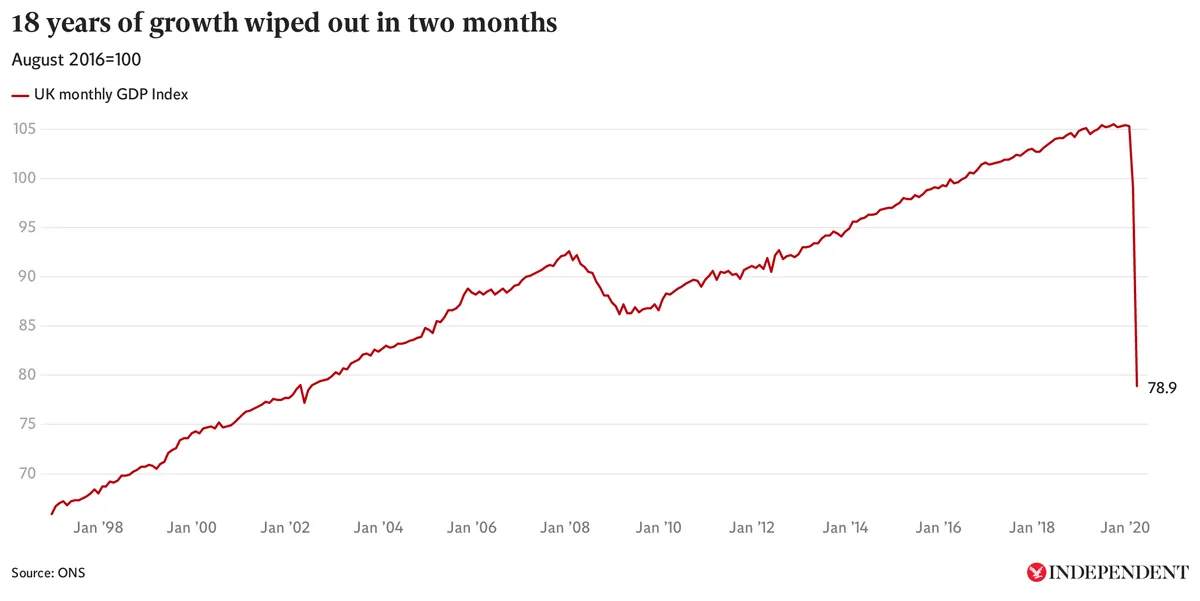France's Borrowing Costs Match Spain's, Raising Economic Concerns
France's borrowing costs have equaled Spain's for the first time since 2008, reflecting investor concerns about the new government's ability to manage public finances and meet EU deficit requirements.

For the first time since 2008, France's borrowing costs have matched those of Spain, signaling growing investor apprehension about the French government's fiscal management. This development comes as Michel Barnier, the newly appointed Prime Minister, grapples with the challenge of addressing the country's financial situation without a parliamentary majority.
France, a founding member of the European Union since 1958, currently finds itself subject to the EU's Excessive Deficit Procedure, a mechanism established in 1997 to ensure member states adhere to borrowing rules. The country's 10-year government bond yields reached 2.98%, equaling those of Spain, traditionally perceived as a higher-risk investment.
Michel Barnier, who previously served as the European Commission's Head of Task Force for Relations with the United Kingdom from 2016 to 2021, has expressed grave concern about France's financial state. He stated, "Our country is in a very grave situation – €3 trillion of debt and €50bn in interest to pay a year. A lot of our debt is on international markets – we must preserve France's credibility."
The situation is further complicated by France's rising national debt, projected to increase from 110.6% to 113.8% of GDP over the next year. This trend is particularly worrying given that France's public debt exceeded 100% of GDP for the first time in 2020, partly due to measures taken to combat the economic impact of the COVID-19 pandemic.
Market analysts are concerned about the government's ability to implement necessary fiscal reforms. Claus Vistesen, an economist at Pantheon Macroeconomics, noted, "Markets have started to sniff out that there is a risk of a big stalemate when nothing gets done in the budget. You can have a prime minister in place, but if there is no big majority behind political decisions, something like the budget is going to be left to drift."

In response to these challenges, the French government is considering new tax measures. Antoine Armand, the finance minister, has indicated that targeted levies on wealthy households and businesses are under consideration. This approach echoes past attempts to address fiscal imbalances, such as former President François Hollande's proposal for a 75% tax rate a decade ago, which was ultimately abandoned due to concerns about high-earner exodus.
France's economic situation is particularly significant given its position as the second-largest economy in the Eurozone after Germany. The country has a history of maintaining a robust social protection system and welfare state, which contributes to its high tax burden compared to other developed nations. However, this model has come under increasing pressure in recent years, with successive governments implementing reforms to improve competitiveness and reduce public spending.
As France navigates these fiscal challenges, it continues to push for greater fiscal integration within the European Union and advocates for policies such as a digital tax on tech giants at the EU level. The country is also pursuing ambitious targets for transitioning to renewable energy sources, which may have long-term implications for its economic structure and fiscal outlook.
The current situation underscores the delicate balance France must strike between maintaining its social model, meeting EU fiscal requirements, and ensuring its economic competitiveness in an increasingly challenging global environment.
"Our country is in a very grave situation – €3 trillion [£2.5 trillion] of debt and €50bn in interest to pay a year. A lot of our debt is on international markets – we must preserve France's credibility."


































